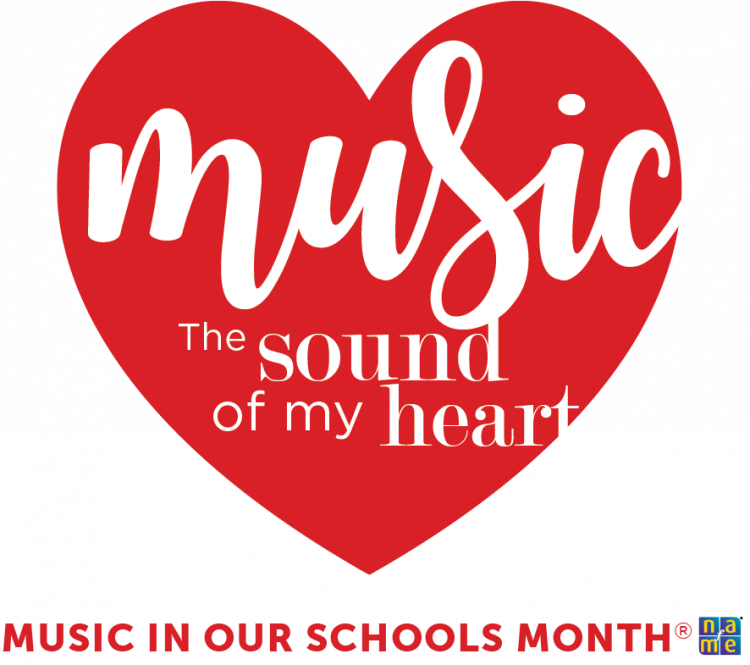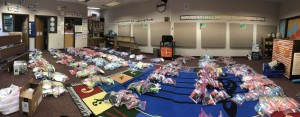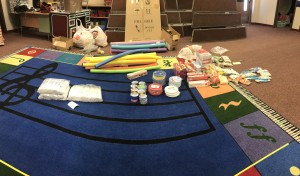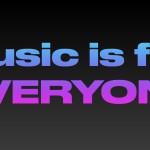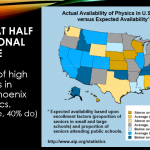Do you know why birds sign just before dawn? Scientists believe it’s to tell their mate they made it through the night, as a way of saying, “I’m still here.” Maybe that’s why we sing too-as a way of saying, “I made it. I’m still here.” — found on social media
I don’t know about the accuracy of the science, but I do know this made me pause and think about the past two years.
In March 2020, the world shut down in response to a COVID-19.
As a music educator, I was concerned.
Choir rehearsals were some of the earliest “super spreader” events reported in national media.
Music was being tagged as an enemy of public health.
Broadway: Closed
Lincoln Center: Closed
Carnegie Hall: Closed
Las Vegas: Closed
Universities: Closed
k-12 Schools: Closed
It seemed like every avenue we had as humans to express and experience emotion was being shuttered.
How does a person process trauma when all avenues for emotional release and community are now considered deadly?
The music industry banded together. We built community through a common purpose: we HAD to save the Music!
Colorado State University facilitated ground breaking research on aerosol spray as it related to singing and playing instruments.
I anxiously awaited the results from the aerosol study. I wanted to know what I should do in my classroom to keep myself and my students safe while still learning about and creating Music. Several elementary music educators collected supplies and put together improvised individual instrument kits for students to use. I was able to get materials donated and made these kits:
I felt confident that I was acting in the best interests of the families I serve and my own health.
I attended a virtual symposium that July and one of the main themes in all of the presentations were, “We know what we can’t do; let’s focus on what we CAN do.” In 2020, we couldn’t sing or play wind instruments. We COULD: read and write, move, listen and respond to Music. It was just the boost of positivity that I needed to start the most challenging year I have ever taught.
As music educators, we learned how to leverage technology to our benefit.
Can’t have in-person auditions? Submit auditions electronically through video recording.
Can’t have traditional rehearsals? Have rehearsals on a video conference.
Can’t perform in person? Put together a virtual ensemble. Virtual ensembles are all about editing and mixing, not pedagogy! While you’re at it, add a music production specialist to your teaching staff.
It wasn’t great, but it kept programs alive. We differentiated instruction in ways we had never even considered before. Publishers started providing quality music for “mixed” ensembles (Does anyone have a score that uses Bassoon, Tuba, flute, guitar, and percussion?).
We did the best that we could and just hoped that it was enough.
Fast forward to March 2022: Music in Our Schools Month.
We made it. We’re still here.
We have seen the return of beloved programs: Marching Band, festivals, in-person conferences, concerts, and, my personal favorite, recorder playing!
Music is a communal activity by its very nature. It brings people together for a common purpose, and everything else fades into the background. Music builds confidence and a sense of wellbeing. It gives students and adults a way to express emotions and process experiences unique to the moment.
Celebrate Music in our Schools and all it provides to our students, staff, and communities as we learn how to exist together again.
Like the birds singing at the first light of morning, we are all saying, “I made it. I’m still here.”
Colorado State study https://smtd.colostate.edu/reducing-bioaerosol-emissions-and-exposures-in-the-performing-arts/

